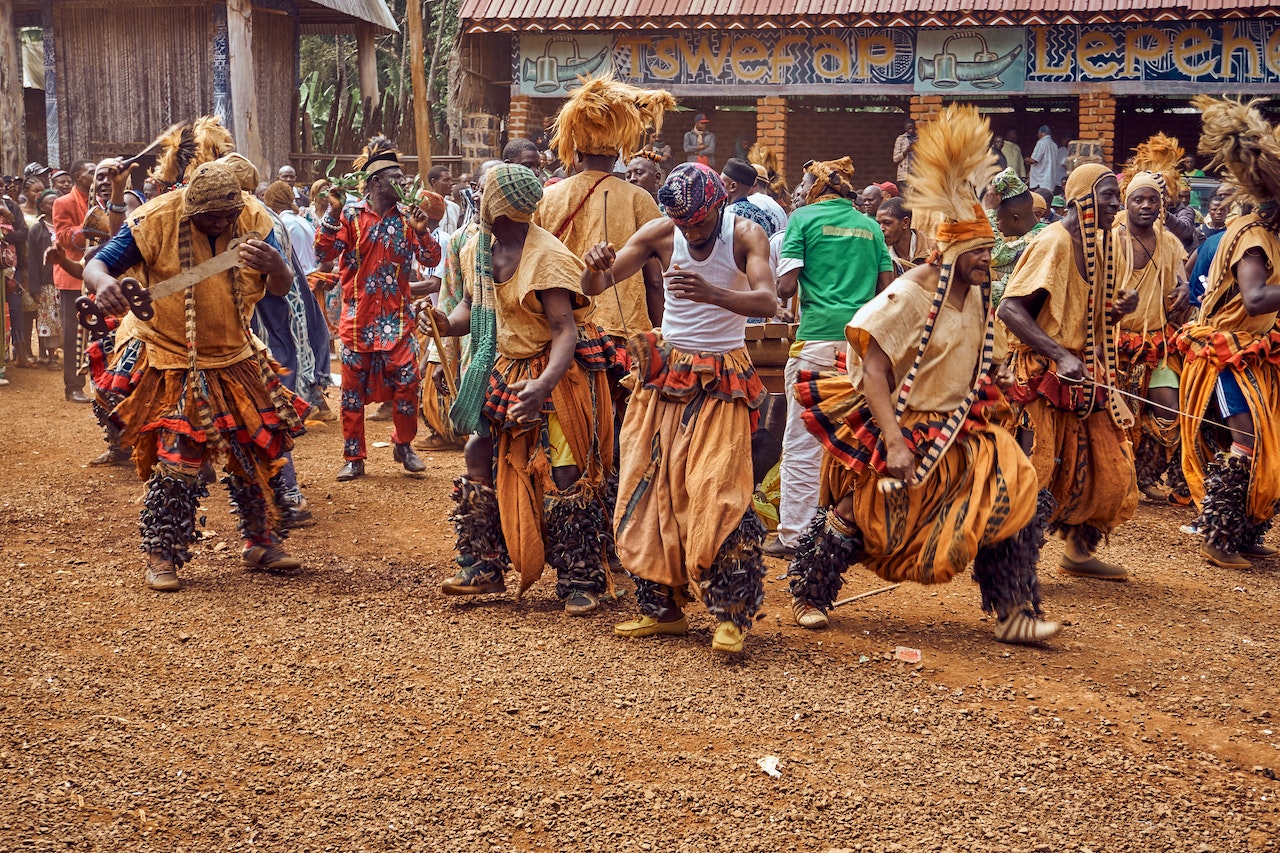Africa is home to a rich and diverse music scene, with a long history of storytelling, dance, and celebration. The continent is home to many different music genres, each with its unique origins, styles, and influences. In this blog post, we will explore the vibrant and diverse music scene in Africa, from traditional music to contemporary pop.
 Traditional Music
Traditional Music
Traditional music is an integral part of African culture, with a long history of storytelling, dance, and celebration. The roots of traditional music can be traced back to ancient times, with the use of drums, percussion, and singing. Many traditional music styles are associated with specific ethnic groups or regions, such as the mbira music of Zimbabwe, the griot music of West Africa, and the Mande music of Mali.
One of the most iconic African instruments is the djembe, a drum traditionally played by the Mandinka people of West Africa. The djembe has become popular all over the world, and its unique sound can be heard in many different music genres.
Highlife and Juju Music
Highlife is a music genre that originated in Ghana in the early 20th century. It combines Western musical instruments such as guitars and brass with traditional African rhythms and melodies. Highlife music was popular throughout West Africa in the 1950s and 1960s and had a significant influence on the development of other African music genres.
Juju music is another popular music genre in West Africa, originating in Nigeria in the 1920s. Juju music is known for its use of talking drums, a type of drum that can mimic the tones and rhythms of human speech. Juju music has evolved over the years, incorporating elements of Western pop music and other African music styles.
 Afrobeat
Afrobeat
Afrobeat is a music genre that was popularized by the Nigerian musician Fela Kuti in the 1960s and 1970s. Afrobeat combines traditional African rhythms and melodies with elements of jazz, funk, and soul. It is characterized by its use of complex rhythms, political lyrics, and extended instrumental improvisation.
Fela Kuti was not only a musician but also a political activist who used his music to criticize corruption and social injustice in Nigeria. His music has influenced many other African musicians and has become popular all over the world.
Mbalax
Mbalax is a music genre that originated in Senegal in the 1970s. It combines traditional Wolof rhythms with elements of jazz, funk, and other African music styles. Mbalax is known for its fast-paced rhythms, complex percussion, and danceable melodies.
Youssou N'Dour is one of the most famous Mbalax musicians, and his music has been popular all over the world. N'Dour has also been a prominent advocate for social justice and human rights, and his music often addresses political and social issues.
 Contemporary Pop Music
Contemporary Pop Music
Contemporary pop music is also popular in Africa, with many artists blending traditional African music with elements of Western pop, hip-hop, and R&B. In recent years, African pop music has gained increasing popularity in the global music industry, with many African artists collaborating with Western artists and performing at international music festivals.
Burna Boy is one of the most popular contemporary African musicians, known for his unique blend of Afrobeat, dancehall, and reggae. He has won several awards, including a Grammy Award in 2021 for his album "Twice as Tall."
The music scene in Africa is rich and diverse, with a long history of traditional music and many different music genres that have evolved over time. From traditional music to contemporary pop, African music has influenced and been influenced by music from around the world. African music is an essential part of the continent's cultural heritage and a testament



